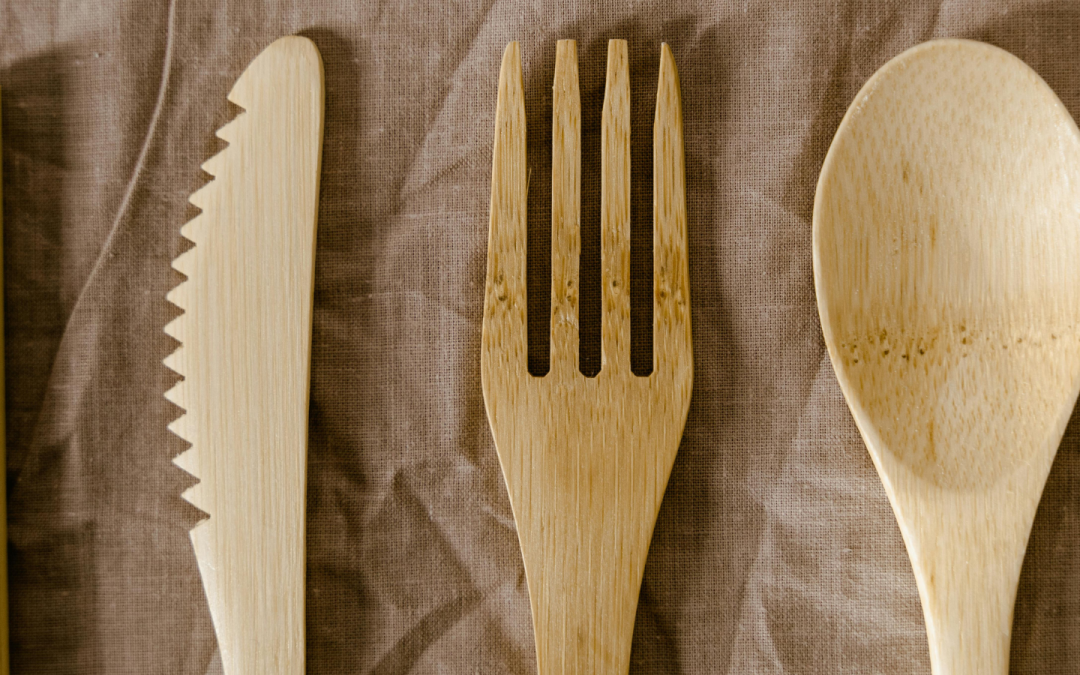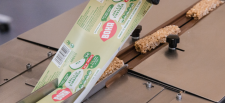The Food Standards Agency (FSA) and Food Standards Scotland (FSS) have published advice recommending consumers not to use plastic containers or utensils containing bamboo and other “unauthorised” plant-based materials.
The advice comes after the FSA and FSS previously told industry in May 2022 to stop selling food contact materials containing bamboo and similar “unauthorised” plant-based materials such as rice husks, wheat straw and hemp and called for evidence to assess the long-term safety of these products.
After considering the data, the Committee on Toxicity of Chemicals in Food, Consumer Products and the Environment (COT) has found that there is insufficient evidence to conclude that these products are safe and there remains “concerns” over the impact on health from long-term use.
The FSA and FSS will not change their stance on these products, and will continue to require industry to remove them from sale and advise consumers who may still have them at home to not use them for food-related purposes.
COT concluded that the presence of bamboo and similar plant-based matter in plastic materials can result in formaldehyde and melamine leaking into food or drink products above the legal limit, which is unsafe for consumers.
FSA “concerned” about unknown long-term health effects
Dr James Cooper, deputy director of food policy at the FSA, said: “At the Food Standards Agency, our mission is to ensure food is safe and this also includes ensuring the products which come into contact with our food, such as containers and utensils, are safe too.
“Following our robust risk assessment process, we have found there to be insufficient evidence to provide us with confidence that these products are safe for consumers to use and therefore, our position remains that food containers and utensils containing bamboo composite material should not be sold in GB.
“We don’t know the long-term impacts to health from using these products and we continue to have concerns that chemicals such as formaldehyde and melamine might leak from these materials when they are in contact with food, especially hot or acidic foods.”
Cooper continued: “Previously, businesses were asked to remove these products from sale and, as a precautionary measure, consumers were advised that they should not use any of these products they had previously purchased until a full investigation into the potential risks had been completed.
“Now this is complete, we are advising consumers who still have these items not to use them for storing or serving food, but to dispose of them in general waste, and for businesses to ensure these products are not made available for sale.
“These products are not compostable and can’t be recycled and so, consumers who still have these items should discard them in the general waste bin or re-use them for non-food purposes.”
In Northern Ireland, these products have already been prohibited for sale as a food contact material following the European Commission Food Contact Material legislation and FSA said businesses continue to comply with this ruling.









